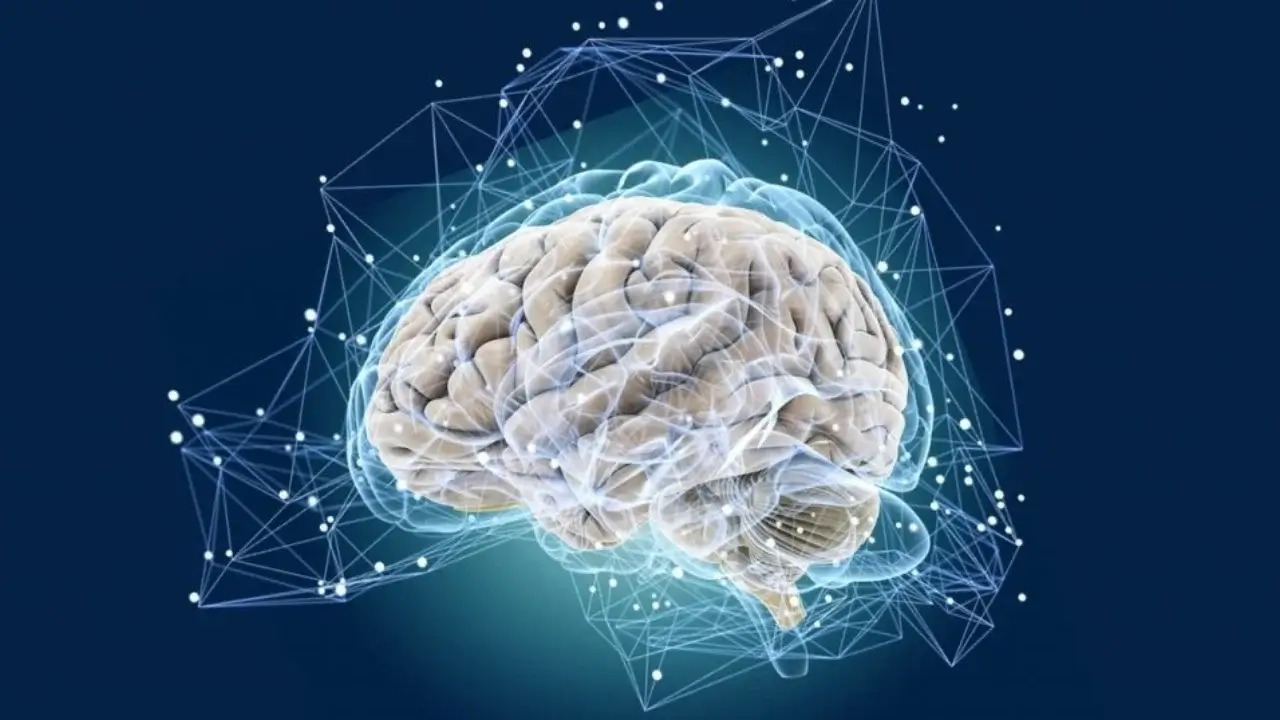Women's brains age more slowly than men's

According to a large-scale study conducted by scientists at the University of Oslo in Norway, men's brains age faster than women'. A scientific article about this was published in the Proceedings of the National Academy of Sciences (PNAS) journal.
The study involved 4,726 healthy individuals aged 17 to 95 years. A total of 12,638 MRI images were taken from them, and each participant underwent two examinations at approximately three-year intervals. This method allowed scientists to accurately compare structural changes in the brain over time.
Specialists analyzed the thickness and area of the cerebral cortex, as well as the volume of white and gray matter. As a result, it turned out that in men, a decrease in brain volume and thinning of the cortex occur faster - especially in areas responsible for vision and memory. In women, signs of aging were observed only in a small part of the temporal region.
At the same time, scientists note that these differences are insignificant - the annual change in bark thickness was about one-tenth of a percent relative to age.
Researchers also studied how life expectancy and genetic factors affect brain aging. Women, as a rule, live longer than men. After this was taken into account, the difference between the sexes in brain aging practically disappeared.
For this reason, scientists emphasize that the higher incidence of Alzheimer's disease in women is not related to faster brain aging. This may be explained by differences in life expectancy, genetics, or diagnostic methods.
The head of the study, Anne Ravndal, says:
"We didn't find any evidence that women's brains were being destroyed faster than men's. The differences are very small, and the main factors are related to lifestyle and heredity."
Scientists now plan to study more deeply how changes in brain structure affect human memory and cognitive abilities.
As a reminder, scientists at the Federal University of Rio Grande do Sul in Brazil previously reported that American basil extract can slow down brain aging and reduce oxidative stress and inflammation.
Read “Zamin” on Telegram!











